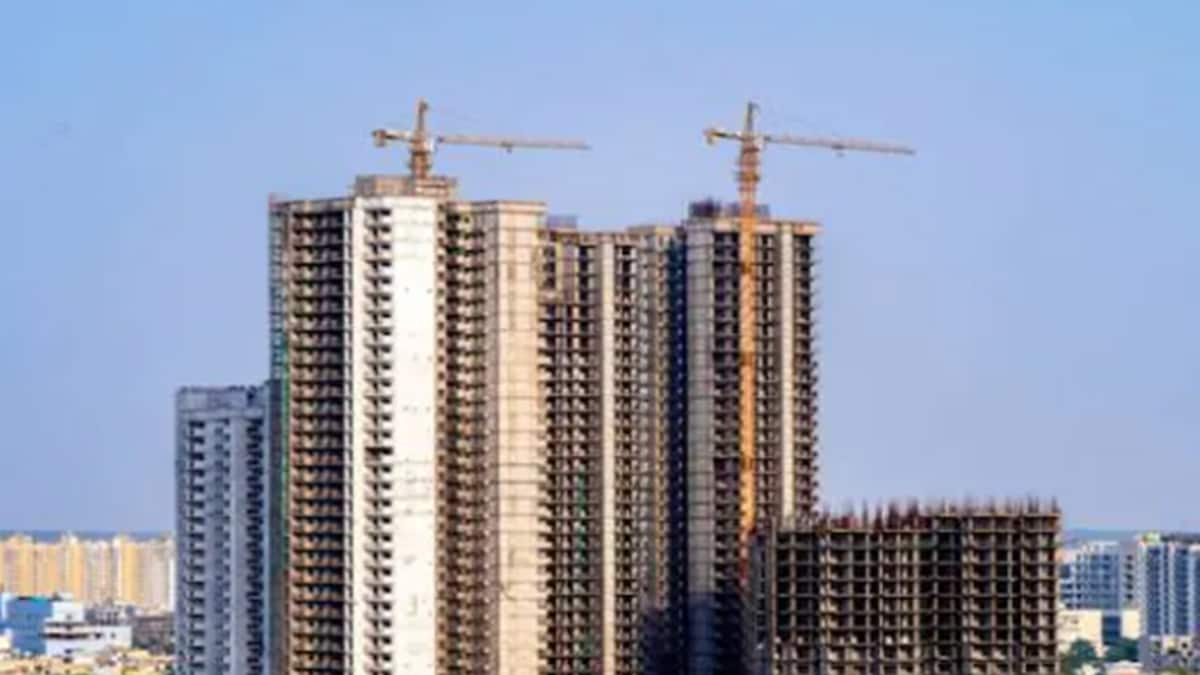Second Homes Market: Realty Player Explains Why Demand Is Rising – News18

While investment potential and rental income remain significant considerations, the desire to own a second home in a serene location has become a prominent motivation for many.
The demand for second homes in India has witnessed a significant surge in the recent past
Throughout various eras and significant historical events, people have embraced the concept of acquiring additional homes that extend beyond their primary residences and traditional sources of income. These secondary properties, commonly called ‘second homes’ hold a multitude of meanings and possibilities for their owners. The concept of owning a second home can be traced back to pre-British India and has persisted as a prevalent practice among financially secure individuals, whether for personal use or investment purposes.
Today, in the age of rapid urbanisation and rising income levels, owning a second home has become a tangible aspiration for many. As urban areas expand, the projected urban population of 600 million by 2031 in India alone indicates a significant market potential (McKinsey Global Institute). Moreover, with increased urbanisation comes a surge in disposable incomes, allowing individuals to pursue an upgraded lifestyle. The desire for a second home has thus become a status symbol and a reflection of success.
The demand for second homes in India has witnessed an impressive surge, with a growth of over 70 per cent on Airbnb compared to last year and an astonishing 110 per cent growth compared to pre-Covid levels. Saurabh Vohara, founder and CEO of ALYF, talks about several contributing factors that may have resulted in the remarkable increase in demand for second homes:
Commercial Accessibility and Capital Appreciation: With rates as low as Rs 10 lakhs, fractional ownership of second homes has become a popular choice for many, looking to buy an additional property. This is because fractional ownership of holiday homes is more affordable, convenient, and alluring to a larger spectrum of individuals, contributing to its growth and ensuring its place in the future of real estate. Additionally, the potential for capital appreciation in holiday home destinations, such as Goa, Lonavala, and Alibaug, has attracted buyers as these markets are not yet saturated like the metro cities and exhibit growing demand.
Awareness Due to Global Travel: The awareness of second homes has also been fueled by global travel experiences, wherein individuals have enjoyed staying in holiday homes abroad. This, coupled with the thriving tourism industry in India, has further amplified the demand for second homes in popular vacation destinations. With domestic tourist visits reaching 2.08 billion in 2019 and a consistent annual growth rate of 13.8 per cent between 2011 and 2019, the appeal of second homes as a vacation or retirement option has significantly increased.
Demand for Retirement Vacation Homes: Second homes have also captured the attention of retirees and individuals searching for a serene getaway. These homes offer a comfortable and leisurely living option, perfectly aligned with the growing preference for tranquil retreats. The increasing popularity of second homes among those seeking a relaxed and fulfilling lifestyle shows a yearning for a higher quality of life rather than mere financial gains.
Investment Potential and Rental Income: The investment potential and rental income prospects associated with second homes have always been an attractive choice for many people. Real estate remains a preferred investment choice for many Indians, with approximately 75 per cent considering it the best asset class for long-term investments. Second homes offer the potential for rental income and capital appreciation, adding to their appeal as an investment avenue.
Hybrid Work Pattern: The COVID-19 pandemic has also significantly driven the demand for second homes. Adopting remote work and work-from-home culture has sparked interest in acquiring second homes in tranquil and less crowded areas. This allows individuals to work remotely while enjoying an enhanced quality of life away from bustling cities.
Increasing Non-Resident Indian (NRI) Investments: Non-resident Indian (NRI) investments have contributed to the growing demand for second homes. NRIs have actively invested in the Indian real estate market, attracted by higher rental yields compared to residential investments in larger cities. In 2020 alone, NRIs invested approximately $13.1 billion in the Indian property market, further stimulating the demand for second homes.
The demand for second homes in India is being driven by various factors reflecting a shift in perspectives and aspirations. While investment potential and rental income remain significant considerations, the desire to own a second home in a serene location has become a prominent motivation for many.
The notion that the pandemic would negatively impact the real estate industry has been proven wrong, as people have come to appreciate the importance of having a peaceful retreat and embracing a more straightforward way of life. The dream of owning a second home has transcended mere financial gains, becoming a symbol of personal fulfilment and a reflection of the desire for a higher quality of life.
As urbanisation, changing lifestyles, and the work-from-home trend continue to shape the real estate landscape, the demand for second homes will continue to grow.
For all the latest business News Click Here


